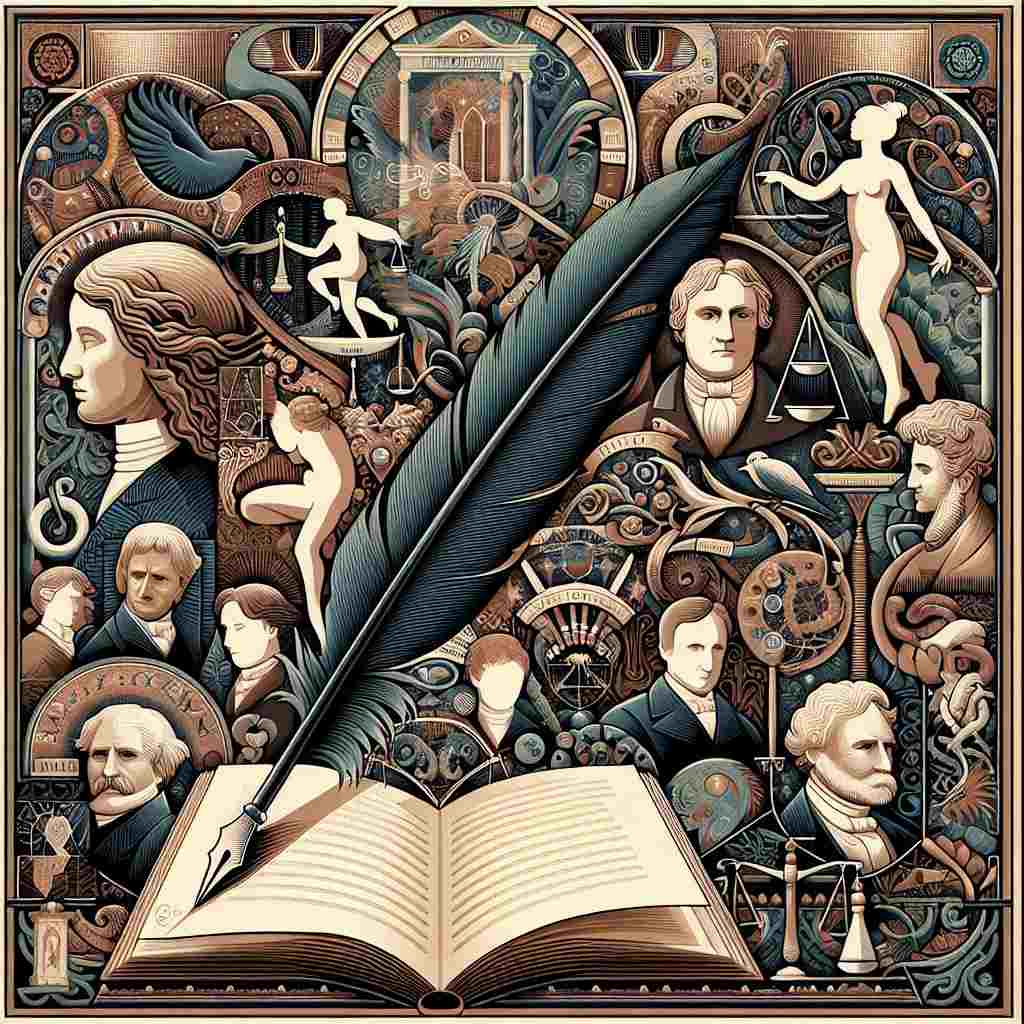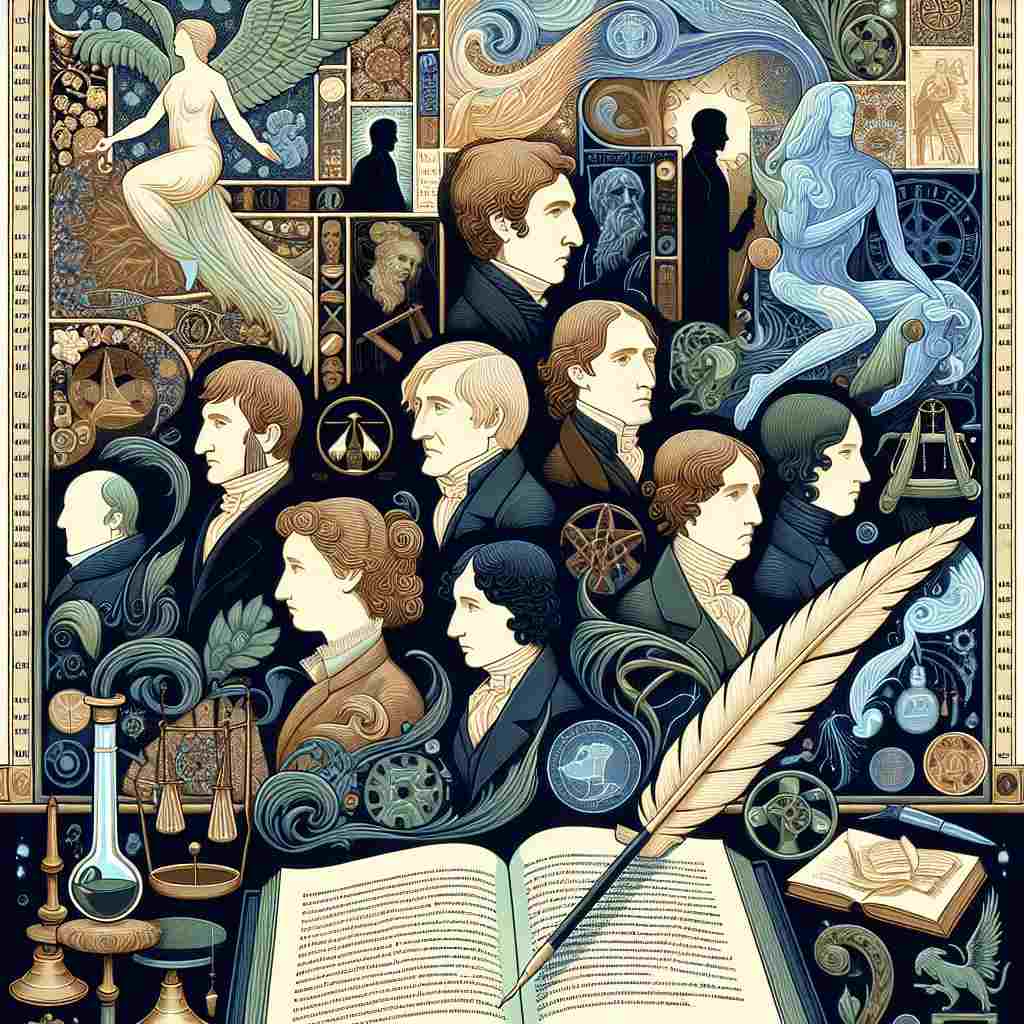British philosophy, often aligned with its characteristic empiricism and analytic traditions, offers a compelling narrative of intellectual pursuit and discovery. From the empiricist roots laid down by John Locke to the analytic precision of Bertrand Russell, British philosophy presents a treasure trove of ideas that continue to influence global philosophical discourse.
The Empiricists: Locke, Berkeley, and Hume
The 17th and 18th centuries heralded the rise of the British empiricists. John Locke, often considered the father of liberalism, introduced the idea of the mind as a “tabula rasa” or blank slate, arguing that knowledge is derived from experience. This marked a departure from the rationalist belief in innate ideas, setting the stage for a new way of thinking about human understanding.
George Berkeley followed suit, challenging materialism with his immaterialism or subjective idealism, famously encapsulated in the phrase “esse est percipi” (to be is to be perceived). He argued that physical objects only exist as perceptions in the mind and that the only things that exist are minds and ideas.
David Hume took empiricism to its logical extremes, questioning the very foundations of causation, personal identity, and religion. His skepticism about human knowledge and the limits of reason laid the groundwork for modern philosophical inquiry, influencing Immanuel Kant and many others.
The Rise of Utilitarianism: Bentham and Mill
The 19th century witnessed the development of utilitarianism, a consequentialist ethical theory that evaluates actions based on their outcomes. Jeremy Bentham introduced the principle of utility, advocating for “the greatest happiness of the greatest number” as the measure of right and wrong.
John Stuart Mill further refined utilitarianism, emphasizing qualitative differences in pleasures and arguing for individual liberty as a means to promote overall happiness. Mill’s “On Liberty” remains a seminal work, defending the freedom of thought and expression as essential to human progress.
The Analytic Tradition: Moore, Russell, and Wittgenstein
The 20th century saw the emergence of the analytic tradition, characterized by a focus on language, logic, and the clarity of philosophical problems. G.E. Moore’s work on ethical non-naturalism and his famous “defense of common sense” set the stage for analytic philosophy’s attention to ordinary language.
Bertrand Russell, with his groundbreaking work in logic and philosophy of language, sought to resolve philosophical issues through formal analysis. His collaboration with Alfred North Whitehead on “Principia Mathematica” aimed to ground mathematics in logic, influencing the course of both philosophy and mathematics.
Ludwig Wittgenstein, though Austrian by birth, spent much of his intellectual life in Britain, profoundly impacting the analytic tradition. His early work, “Tractatus Logico-Philosophicus,” proposed a picture theory of language, while his later work, “Philosophical Investigations,” shifted focus to the use of language in everyday contexts, introducing the concept of language-games.
Contemporary British Philosophy
Today, British philosophy continues to thrive, with figures like Mary Midgley, Derek Parfit, and Timothy Williamson contributing to diverse fields such as ethics, metaphysics, and epistemology. The legacy of British philosophy endures, encouraging rigorous analysis and a commitment to clarity in addressing the perennial questions of existence.
Conclusion
The journey through British philosophy is one of exploration and critical examination, offering a legacy that invites us to question, analyze, and appreciate the depth of human thought. Whether grappling with the nature of reality, the foundations of knowledge, or the principles of ethics, British philosophy provides a rich and enduring dialogue that continues to inspire and challenge thinkers worldwide.


